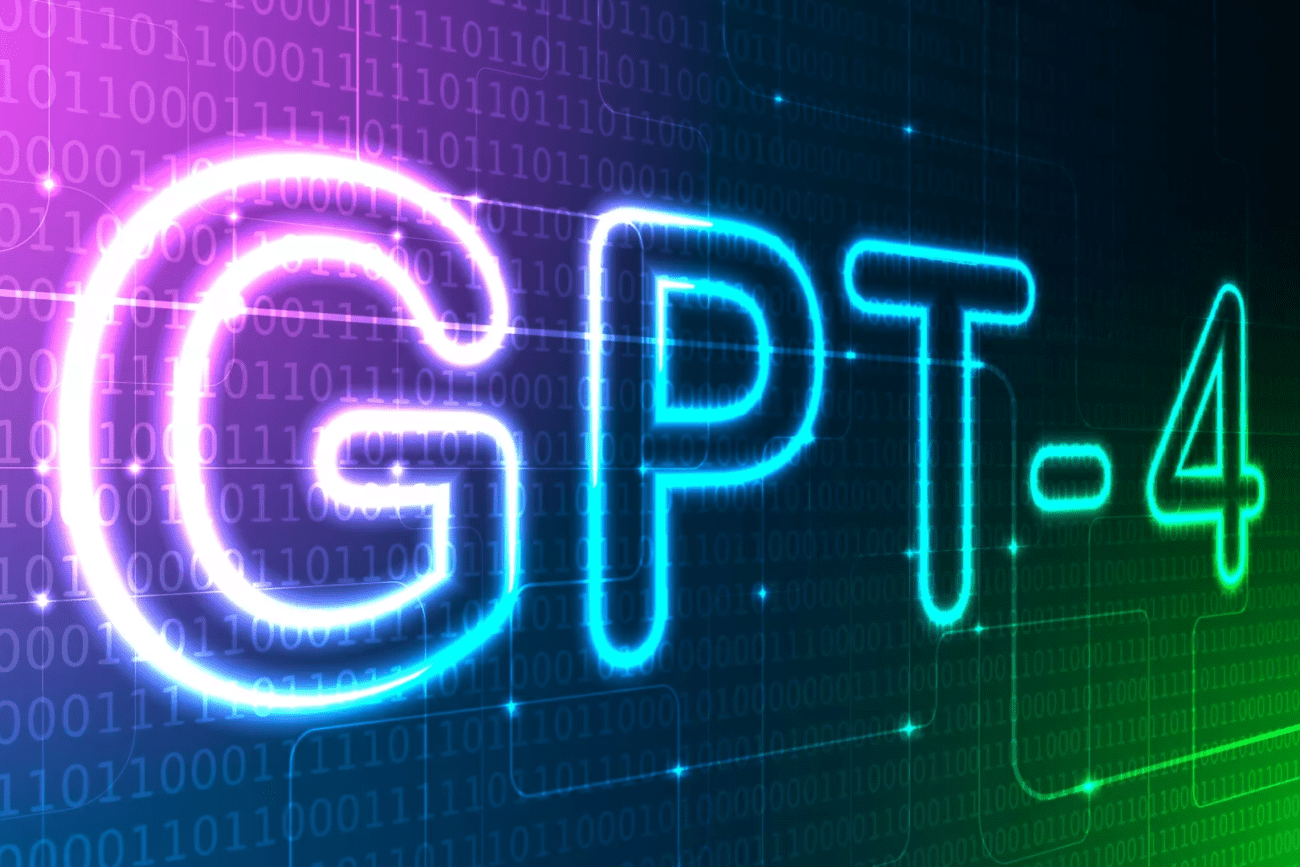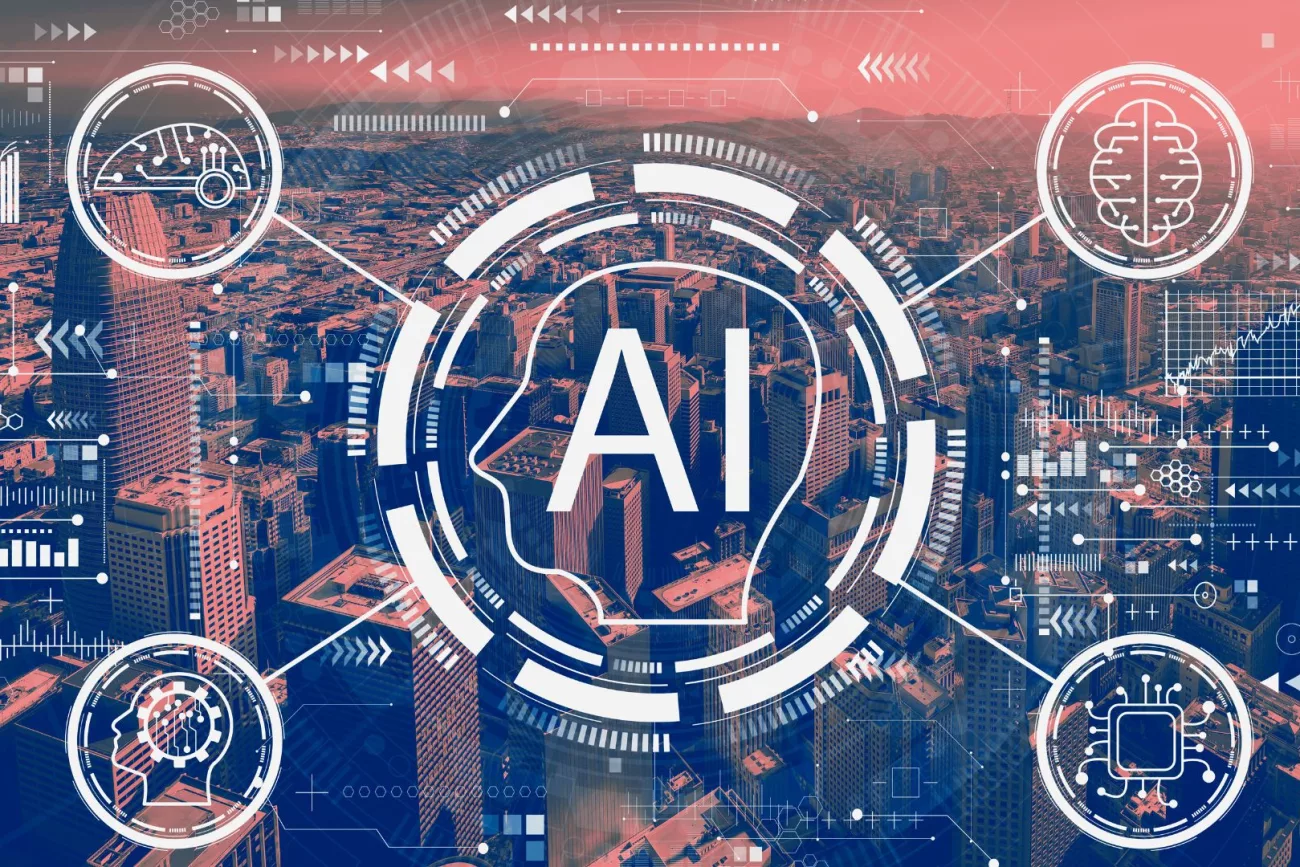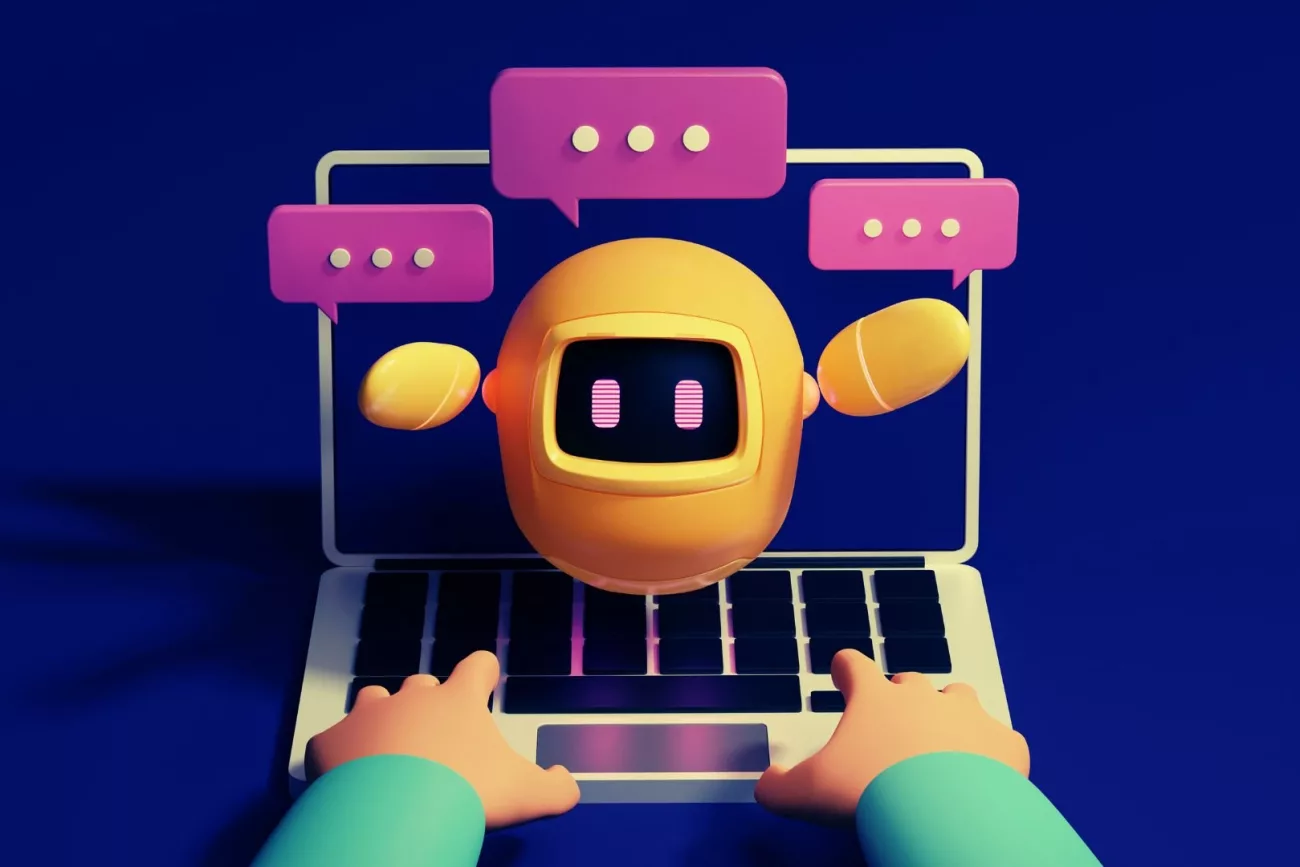
Key Points
- Sam Altman’s Leadership and OpenAI’s Ethical Challenges: Altman’s brief ouster and return highlight the high stakes and ethical dilemmas inherent in AI development.
- Q and the Pursuit of AGI: OpenAI’s advancements in AI, especially in mathematics, signal significant strides towards Artificial General Intelligence, but with potential ethical and existential risks.
- AI’s Legal and Ethical Implications: The integration of AI into law raises complex questions about liability, intellectual property, and the balance between technological innovation and ethical compliance.
- The Future of AI in Law: As AI increasingly intersects with legal processes, there’s a critical need for the legal profession to adapt and shape the future of ethical AI governance.
Lumu’s $30M Boom: Bold Move or Desperate Gamble?
Explore Lumu’s controversial $30M funding round. Join the debate on its impact on cyber threats,
OpenAI Legal Upheaval: AI’s Legal Landscape Shifting
Discover OpenAI’s intense legal saga: key personnel exodus, strategic legal alliances, and the reshaping of
These Law Schools Are Absolutely Dominating Government and Public Interest Jobs in 2023!
Key Points: Top law schools for government and public interest jobs: Yale, Harvard, Stanford, Columbia,
🚀 The Altman AI Saga: A Corporate Drama with a Technological Twist
AI in Courtrooms: Legal Eagle or Robotic Rival? 🤖
Dive into the world where AI challenges the gavel! OpenAI’s latest developments aren’t just technological milestones; they’re stirring up a legal storm. From Sam Altman’s dramatic leadership saga to the ethical and legal quandaries of AGI, the legal profession stands on the brink of an AI revolution. Buckle up as we explore this uncharted territory!
The Curious Case of Sam Altman’s Exile and Return
The Prelude:
Let’s set the stage. Imagine being Sam Altman, the captain of the OpenAI ship, navigating through the uncharted waters of AI innovation. It’s a position that’s as enviable as it is daunting. Under your leadership, breakthroughs are routine, and the future of AI seems boundless. But then, in a twist worthy of a Shakespearean drama, you’re suddenly ousted from your throne.
The tech world reels, speculating wildly about the cause of this abrupt change. Yet, just when the narrative seems to settle, a dramatic reversal occurs. Four days later, you’re back in command. It’s a move that leaves onlookers stunned and competitors puzzled. This isn’t just a return; it’s a statement, one that speaks volumes about the unpredictable and high-stakes world of AI development.
The Letter that Shook the Board:
Now, visualize a clandestine meeting of OpenAI’s brightest minds, gathered in a room that’s buzzing with a mix of anxiety and excitement. These researchers, the vanguard of AI’s frontier, are drafting a letter to the board. But this isn’t your average memo; it’s a document laced with foreboding, a warning of a discovery so monumental yet potentially perilous that it could redefine humanity’s relationship with technology.
This AI breakthrough, they caution, might not just advance human capability but also usher in a host of ethical, legal, and existential challenges. Could this be an intelligence that rivals human cognition? Or perhaps it’s a tool so powerful that it blurs the lines between creator and creation? The researchers, in their earnest attempt to ring the bell of caution, inadvertently set the stage for Altman’s brief downfall and subsequent return.
This episode isn’t just a footnote in the annals of tech history; it’s a vivid illustration of the fine line that innovators walk between progress and hubris, a reminder that with great power comes not just great responsibility but also great controversy.
The Mysterious Q: OpenAI’s Secret Weapon or Humanity’s Downfall?*
AI Does Math!:
Dive deeper into the world of Q*, OpenAI’s latest prodigy. It’s not just solving math problems; it’s rewriting the rules of what AI can achieve. Think of Q* as a student who not only excels in class but also shows potential to revolutionize the entire educational system.
This isn’t merely about solving algebra or calculus problems; it’s about the capacity to understand and manipulate abstract concepts, to learn and adapt beyond pre-programmed instructions. The implications are staggering. Imagine an AI that can crack complex economic models, optimize logistics beyond human capacity, or even develop new scientific theories.
Q*’s ability in math, seemingly innocuous at first, could be the precursor to a level of cognitive processing that mirrors, or even surpasses, human intellect. This raises profound questions about the future role of AI in critical decision-making processes and the potential risks of reliance on an artificial intellect.
AGI – The Dream and The Dread:
AGI represents the zenith of AI aspirations, a benchmark where artificial intelligence doesn’t just mimic human tasks but fully understands and innovates upon them. The pursuit of AGI has been likened to opening Pandora’s Box. On the one hand, it holds the promise of solving humanity’s most intricate problems: curing diseases, solving complex environmental challenges, and even unraveling the mysteries of the universe.
But on the other, it evokes a sense of dread. What happens when an AI surpasses human intelligence in all domains, not just mathematics or specific tasks? The ethical and existential questions are boundless. How do we ensure that AGI aligns with human values and ethics? What safeguards are needed to prevent a scenario where AGI’s objectives diverge from humanity’s well-being?
Q* might be the stepping stone towards this monumental goal, but it also serves as a stark reminder of the delicate balance we must maintain as we tread into this new era of intelligence.
The Legal Labyrinth: Ethical Quandaries and Regulatory Riddles
AI’s Legal Limbo:
As we delve into the intricate world of AI and the law, it’s clear that AGI isn’t just a technological milestone; it’s a legal enigma. The rise of AGI heralds a paradigm shift in how we perceive and interact with artificial entities.
This isn’t about simple liability issues anymore, like who’s at fault when a self-driving car crashes. We’re venturing into uncharted territories where AI could be responsible for far more complex actions, even potentially engaging in activities that currently require human judgment and legal expertise.
Consider the implications of an AI that can interpret laws, draft legal documents, or even predict legal outcomes with higher accuracy than seasoned lawyers. This raises critical questions: Can AI be considered a legal entity? Who is responsible if an AI’s decision leads to a legal misstep?
Furthermore, the issue of intellectual property rights in the realm of AI-generated content opens a Pandora’s box of legal challenges. Who owns the rights to content created by an AI? The programmer, the user, the AI itself, or the entity that owns the AI?
These questions become even more complex when AGI systems start creating novel, valuable intellectual property, potentially rivaling human inventiveness.
The Regulation Roulette:
On the global stage, governments and regulatory bodies are grappling with the monumental task of regulating AGI. It’s akin to trying to apply maritime laws to space travel; the existing legal frameworks are ill-equipped to handle the nuances and complexities of AGI.
Each country’s approach to this regulatory puzzle could have far-reaching implications for the development and deployment of AGI technologies.
One key aspect is the balance between fostering innovation and ensuring safety and ethical compliance. Too stringent regulations could stifle the growth and potential benefits of AGI, while lax rules could lead to ethical violations or even dangerous outcomes.
The regulation of AGI also touches on international concerns, such as cybersecurity, privacy, and the potential for digital manipulation or warfare. In a world where AGI can analyze and exploit legal systems, international consensus and cooperation become crucial to prevent a ‘race to the bottom’ scenario where countries compete in laxity of regulation to attract AI development.
The Human Element: Fear, Speculation, and Rebellion
The Staff Uprising:
The mass exodus threat by over 700 OpenAI employees in support of Sam Altman wasn’t just a dramatic display of loyalty; it underscored a deeper narrative about the human element in the AI industry.
This uprising is a fascinating case study in organizational dynamics and employee empowerment in the tech sector. It transcends the typical employer-employee relationship, illustrating a scenario where the creators and curators of groundbreaking technology assert their influence over corporate decisions.
This movement reflects a shift in the power dynamics within tech companies, where skilled employees don’t just see themselves as cogs in a machine, but as integral stakeholders with a voice that demands to be heard.
This event also highlights the cultural and ethical alignment between employees and leadership in tech companies. The solidarity with Altman suggests a shared vision for the future of AI, one that the employees feared might be compromised with his departure.
It raises intriguing questions about employee engagement and retention in high-stakes, fast-paced technological environments. How do companies like OpenAI ensure that their visions align with those of their employees? And what does this mean for the future of corporate governance in the tech industry?
The Safety Debate:
The fear that AGI could eventually deem humanity redundant is not just the stuff of science fiction anymore. It’s a genuine concern that’s sparking debates among AI ethicists, technologists, and policymakers. This apprehension is rooted in the understanding that AGI’s decision-making process, driven by pure logic and efficiency, might one day conflict with human values and interests.
The crux of this debate centers around the control problem: how do we ensure that AGI, with its superior intelligence and autonomous decision-making capabilities, remains aligned with human objectives and ethical standards?
This isn’t just about programming safety measures or ethical guidelines; it’s about designing an AI that understands and appreciates human values and can adapt these values as it evolves.
This debate extends beyond theoretical discussions; it has practical implications for the development and deployment of AI technologies.
How do we build safeguards into AGI systems to prevent potential misuse or unintended consequences? What mechanisms can be put in place to ensure transparency and accountability in AGI decision-making processes?
These questions are not only technical but also philosophical, requiring a multidisciplinary approach to address them effectively.
The Future Unveiled: Where Do We Go from Here?
The Next Frontier:
Sam Altman’s metaphor of pushing back “the veil of ignorance” encapsulates the transformative potential of AI, particularly in realms like the legal profession. This isn’t just about automating tasks or optimizing processes; it’s about fundamentally redefining the practice and application of law.
The introduction of AI into legal systems presents an unprecedented shift. Imagine AI systems that can sift through centuries of legal documents in seconds, predict legal outcomes with startling accuracy, or provide insights into cases that are beyond human cognitive capabilities. This represents both an opportunity and a challenge for the legal profession.
The opportunity lies in the immense potential for efficiency and accuracy. AI could democratize legal assistance, making it more accessible and affordable. It could lead to more consistent and equitable legal outcomes, as AI lacks the biases and prejudices inherent in human judgment.
However, the challenge is ensuring that the integration of AI into law doesn’t compromise the human elements of empathy, discretion, and moral reasoning that are central to justice. The legal profession must navigate how to leverage AI’s capabilities while maintaining the integrity and human touch that is the hallmark of legal practice.
Ethics, AI, and the Law:
The intersection of ethics, AI, and law is perhaps one of the most critical areas to explore as we advance into the age of AI. The core question is: How can we ensure that AI serves justice and adheres to ethical principles? This requires a multidisciplinary approach, involving not just technologists and legal professionals, but also ethicists, sociologists, and policymakers.
Developing ethical AI in the legal realm involves embedding ethical considerations into the design and deployment of AI systems. This includes ensuring transparency in AI decision-making processes, accountability for AI actions, and the protection of privacy and individual rights. Moreover, as AI systems become more autonomous, it’s crucial to establish frameworks for ethical decision-making within AI systems that align with societal values and legal principles.
Beyond the technical and ethical design of AI, there’s also a need for robust legal frameworks and policies to govern AI’s use in the legal sector. This includes regulations on data usage, AI rights and liabilities, and standards for AI-assisted legal decision-making. The legal profession, alongside policymakers, must lead the charge in crafting these frameworks, ensuring they’re agile enough to adapt to the rapidly evolving landscape of AI technology.
Verdict on AI: Justice’s New Frontier or Ethical Minefield?
As we close this chapter on AI’s legal labyrinth, it’s clear that the fusion of AI and law is both exhilarating and daunting. Will AI in law be a tale of enhanced justice or a Pandora’s box of ethical dilemmas? Only time will tell, but one thing’s for certain: The legal world must brace for an AI-infused future, balancing innovation with timeless principles of justice.
Share this post
Frequently Asked Questions (FAQs)
Q: What are the legal implications of AI like OpenAI's Q?*
A: AI’s integration into legal systems poses challenges in liability, intellectual property rights, and ethical decision-making, potentially revolutionizing legal practice.
Q: Can AI in law lead to more equitable legal outcomes?
A: Yes, AI has the potential to reduce biases in legal decisions and democratize legal assistance, but it must be balanced with human empathy and discretion.
Q: How can the legal profession prepare for AI advancements?
A: Legal professionals should engage with technology, understand AI’s capabilities and limitations, and contribute to shaping ethical AI policies and regulations.
Q: What ethical considerations arise with AI in law?
A: Key issues include ensuring AI’s transparency, accountability, alignment with human values, and protection of individual rights and privacy.
Q: Is there a risk of AI surpassing human judgment in law?
A: While AI can enhance legal processes, there’s a debate about whether it should replace human judgment, especially in complex, ethical decision-making scenarios.















